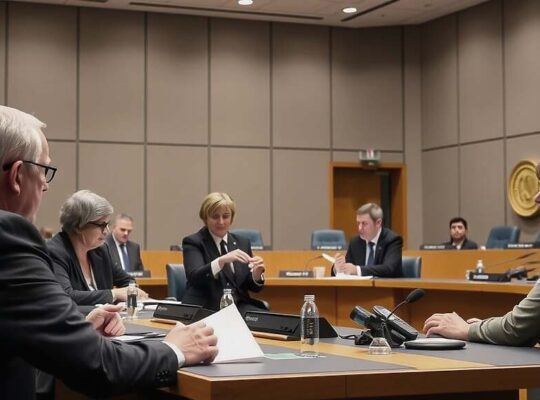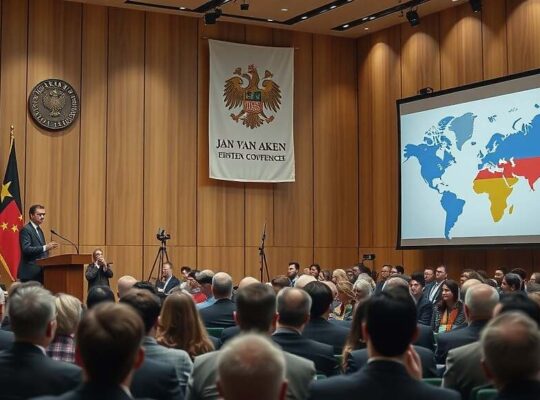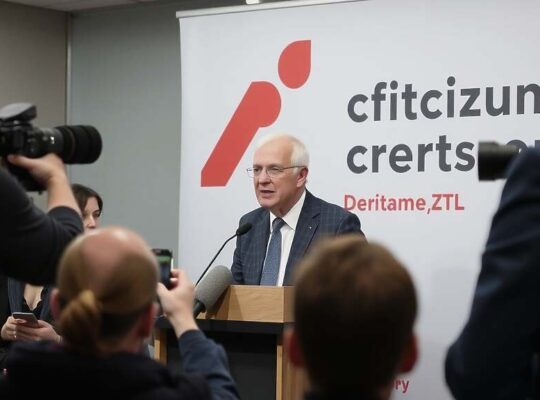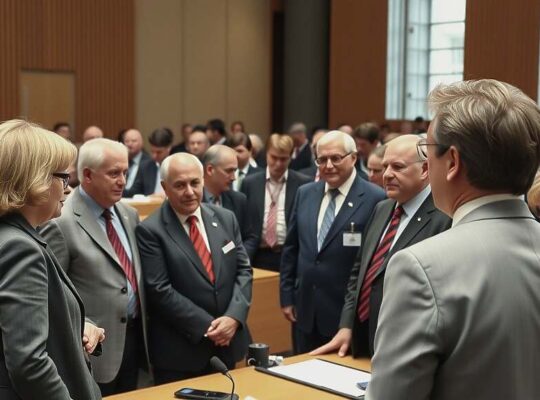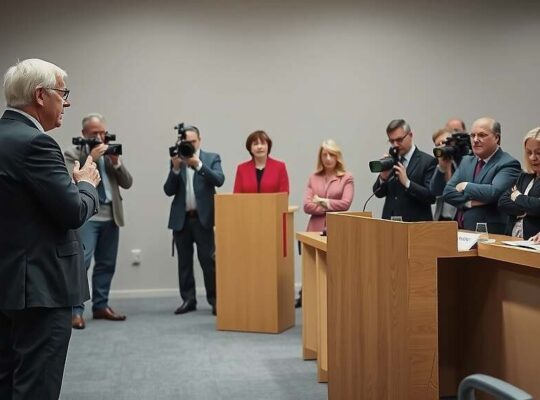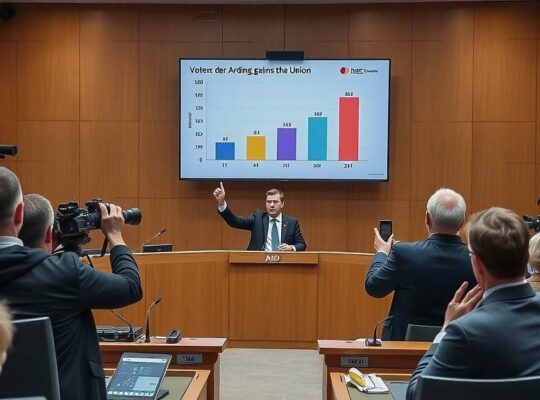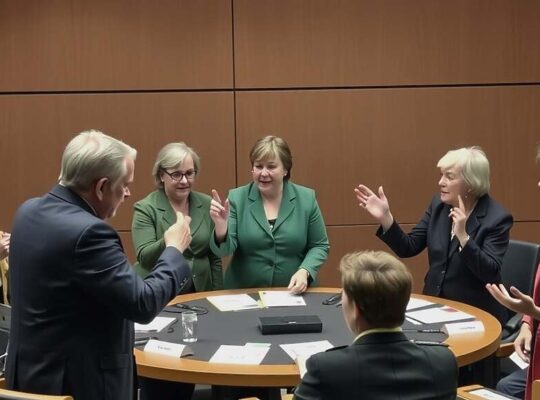The debate surrounding potential rapprochement with the Left Party (Die Linke) has seen CSU parliamentary group leader Alexander Hoffmann firmly rule out any formal cooperation, while simultaneously expressing a willingness to engage in dialogue.
Speaking to Bild newspaper, Hoffmann stated definitively that a collaborative partnership with Die Linke is not possible. He emphasized the importance of open communication to address procedural matters, but asserted that fundamental disagreements on core principles preclude any substantive alignment. Hoffmann specifically cited what he characterized as the party’s “anti-bourgeois, anti-capitalistic and also antisemitic” stance as insurmountable obstacles.
The situation highlights a complex political reality within the German Bundestag. The conservative Union, comprised of the CDU and CSU, alongside the Social Democrats (SPD), frequently rely on the votes of Die Linke to achieve the two-thirds majorities required for certain legislative decisions. This dependency manifested recently in the postponed parliamentary elections for Constitutional Court judges, where the Union and SPD opted against accepting results due to the potential for votes from the far-right Alternative for Germany (AfD). The need for cross-party consensus, even with parties holding vastly different ideologies, underscores the challenges of governance in a fragmented political landscape.



